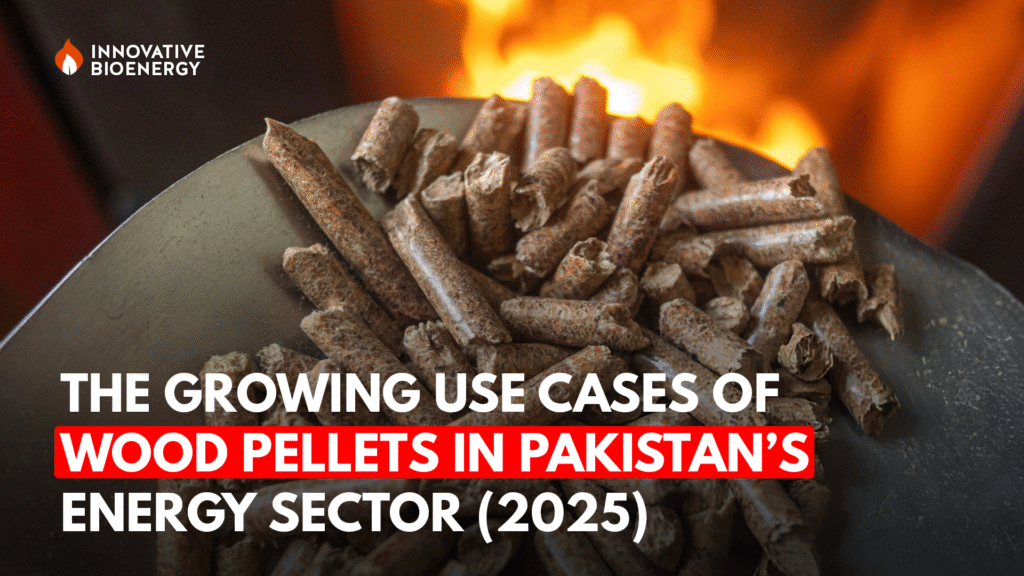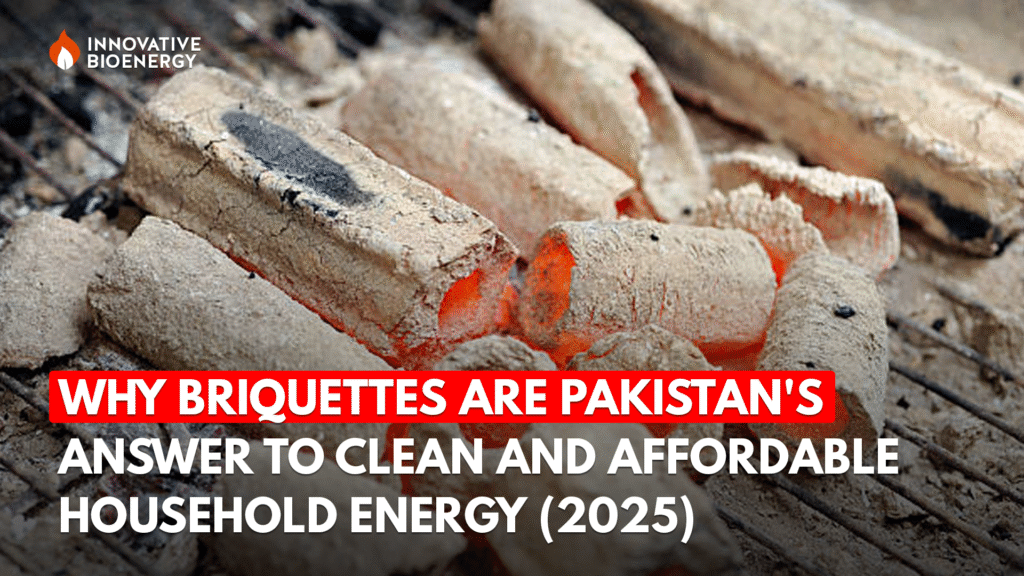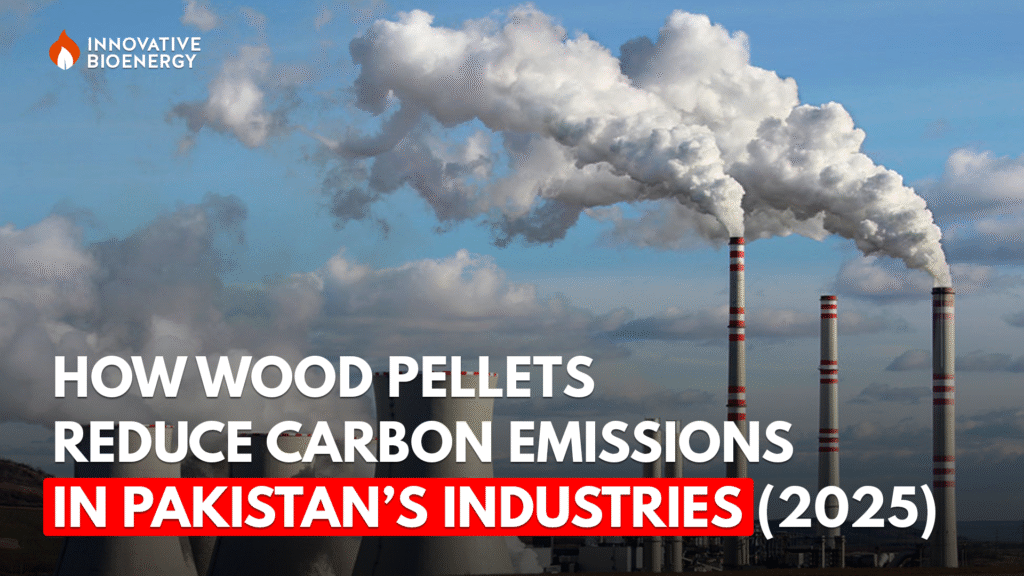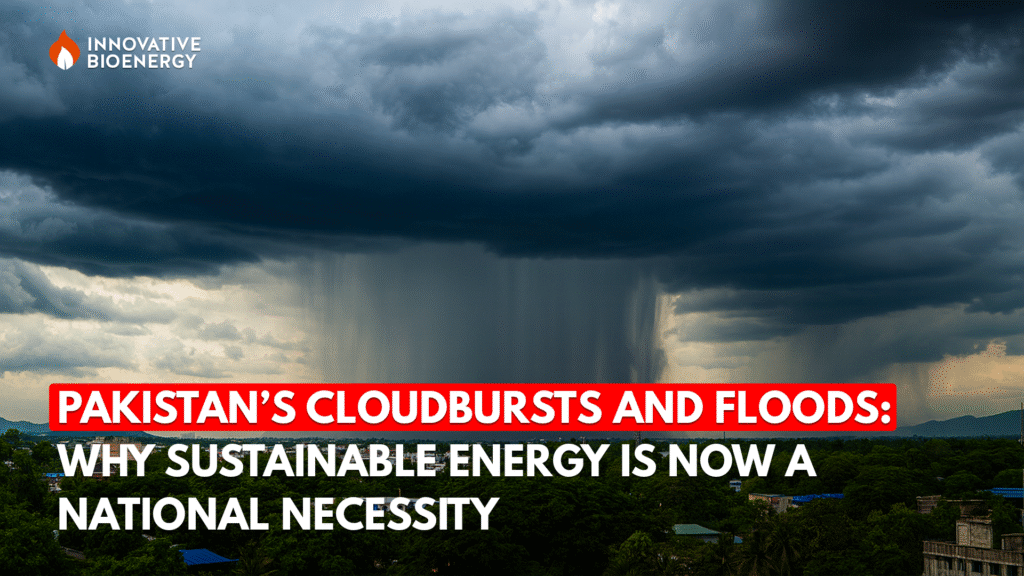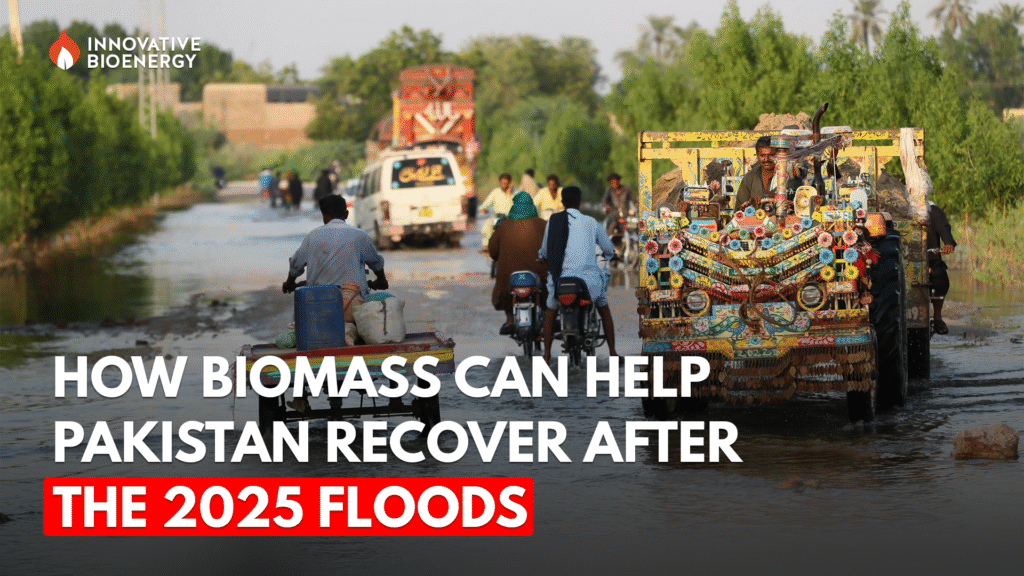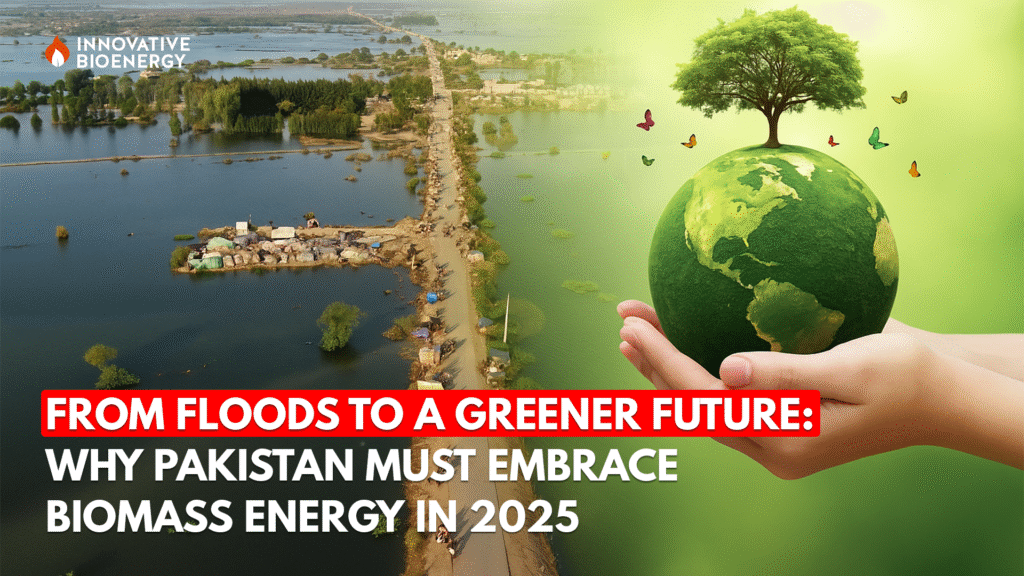The Growing Use Cases of Wood Pellets in Pakistan’s Energy Sector (2025)
In 2025, Pakistan’s energy sector is under pressure to reduce reliance on expensive imported fuels and transition toward renewable solutions. One product proving to be both practical and sustainable is the wood pellet. At Innovative BioEnergy, we see wood pellets as more than an alternative fuel—they are a cornerstone of Pakistan’s clean energy future. Wood […]
The Growing Use Cases of Wood Pellets in Pakistan’s Energy Sector (2025) Read More »
